|
HQP and Network members can look forward to an engaging fall with a stellar line up of training webinars available throughout October and November.
For newer students, “ST3 Week” refers to the annual forWater source-to-tap training week, which would normally be an in-person series of learning/training events focused on topics relevant to forWater. In past years, this has occurred in Halifax, Nova Scotia and Alberta's Rocky Mountains, and the 2022 version is set for Vancouver Island. Due to the COVID-19 pandemic this year's series will be virtual allowing us the flexibility to cover topics that were underrepresented in the past. Tools to evaluate downstream propagation of contaminants with Mike Stone & Jason LeachRural, Remote and Marginalized Communities with
|
forWater NetworkThe Network provides insights into new scientific research for safe, secure drinking water---globally---which starts with resilient forests Archives
October 2023
Categories |


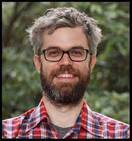

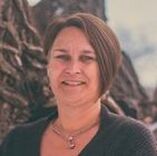
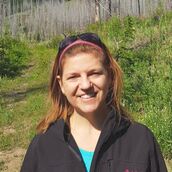

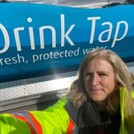

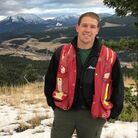
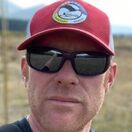
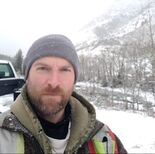
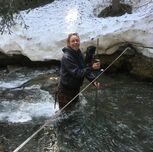


 RSS Feed
RSS Feed

